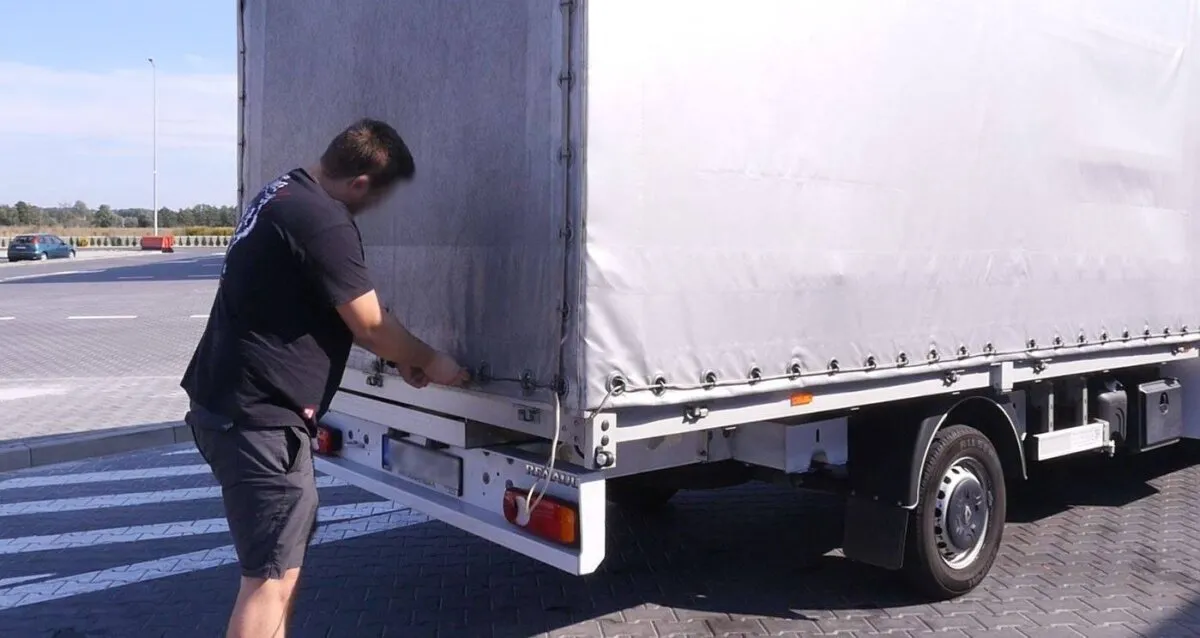Demand for truck drivers in Germany continues to rise. Dirk Engelhardt, president of the Federal Association for Freight Transport, Logistics and Waste Disposal (BGL), did not mince his words in an interview with Bild: Germany is already short 100,000 drivers, and in the event of an armed conflict, the gap could widen to as many as 400,000.
“If we don’t manage to close the gap of 400,000 drivers, we won’t be able to properly support the Bundeswehr or supply the civilian population in a crisis,” Engelhardt warned.
In his view, a significant portion of the German transport system relies on foreign workers – primarily from Eastern Europe. In the event of war, drivers from Poland, Romania or Ukraine could be called back to their home countries, which would lead to a logistical collapse for Germany.
Possible solutions: women, retirees, and non-EU drivers
Engelhardt is calling for legal changes that would allow retired drivers to return to the profession without having to undergo periodic qualification assessments. He also advocates making it easier for drivers from outside the EU – such as Moldova or Uzbekistan – to enter the profession. A key step would be recognising their driving licences within the EU.
There have also been proposals to encourage more women to take up truck driving.
“We need safe parking areas and vehicles equipped with private showers, toilets and kitchens,” argued the BGL president.
In case you missed it: Hauliers fear EU disruption as EES launch approaches, warns RHA
Poland remains cautious
Jan Buczek, president of the Association of International Road Carriers in Poland (ZMPD), pushed back against the German appeals. In an interview with Gazeta Prawna, he voiced strong scepticism:
“It’s true that the market is open, but the older EU member states apply these general rules selectively. When it comes to dividing up the trade sector, they take everything. And when it comes to jobs for German companies, they want to take everything, too.”
Buczek stressed that the Polish government has invested heavily in the training of professional drivers. Graduates of vocational schools leave with full qualifications. In contrast, Germany is seeking to solve its staffing crisis with the simplest approach:
“Just pay and siphon off as many workers from the market as possible,” he added bitterly.
Further reading: This mistake could cost your haulage business €5,000. And Germany’s not messing around
It’s not just about drivers – German rules and practices also criticised
Buczek also pointed to other issues affecting the sector:
“It’s as if, at the request of German intermediaries, the time limit for filing transport-related claims was shortened from three years to one. And because German workers don’t want to work and prefer to trade in transport contracts, they’ve created a massive intermediary market within the industry.”
The ZMPD president further noted that payment deadlines in Germany have been extended to several months.
“A 90-day payment term is not uncommon. That’s why we believe the first step must be to restore order to a system that’s been turned on its head,” Buczek concluded in his remarks to Gazeta Prawna.
In case you missed it: European Commission cracks down on late payments. Will Europe follow Spain’s lead?











